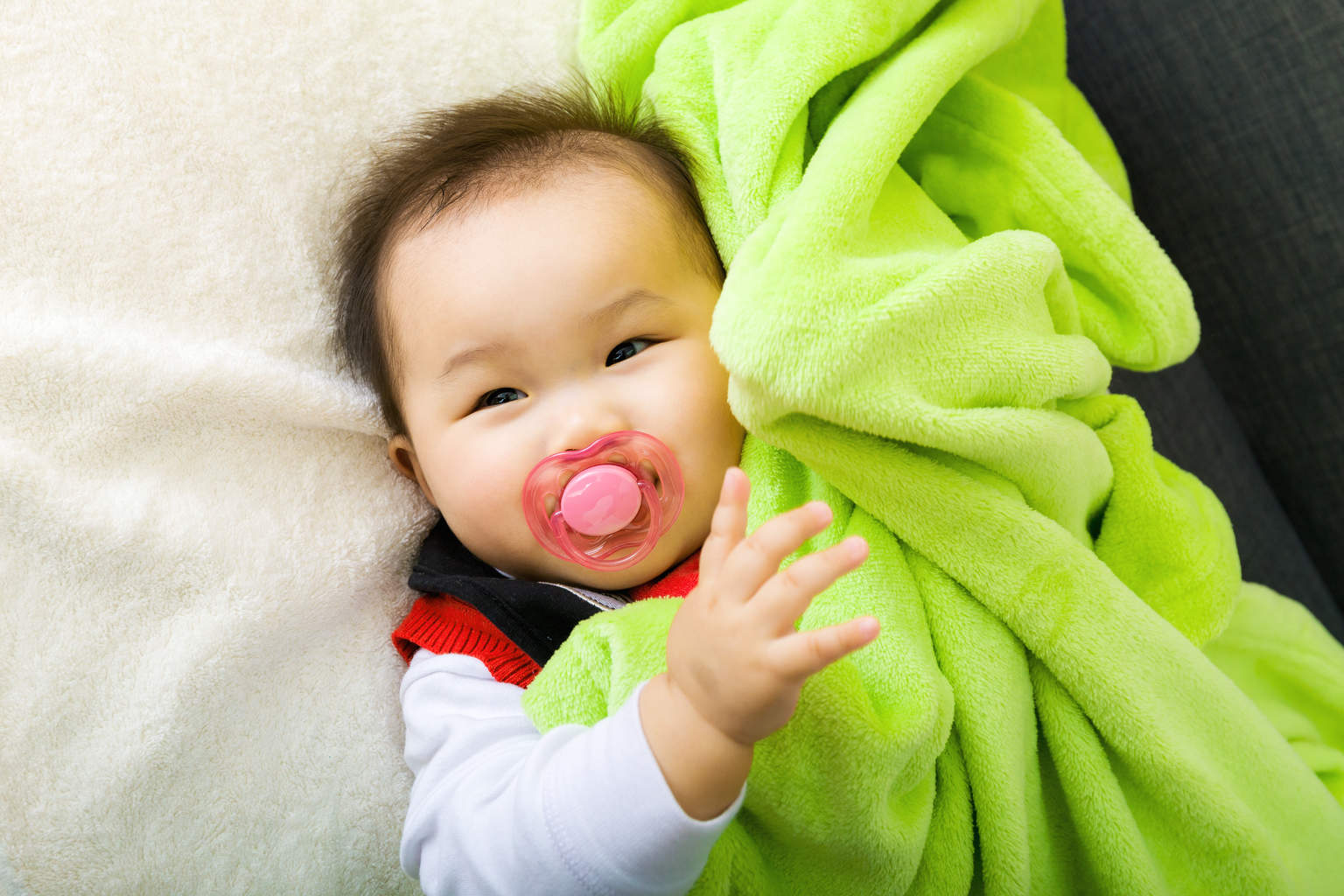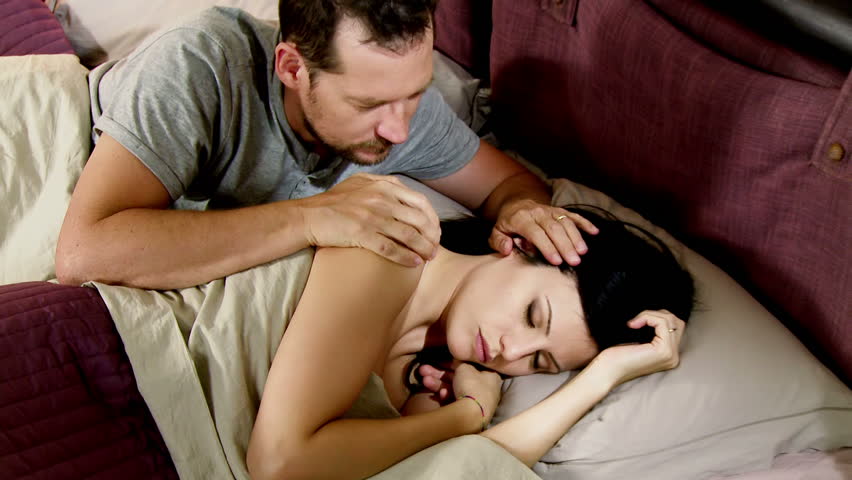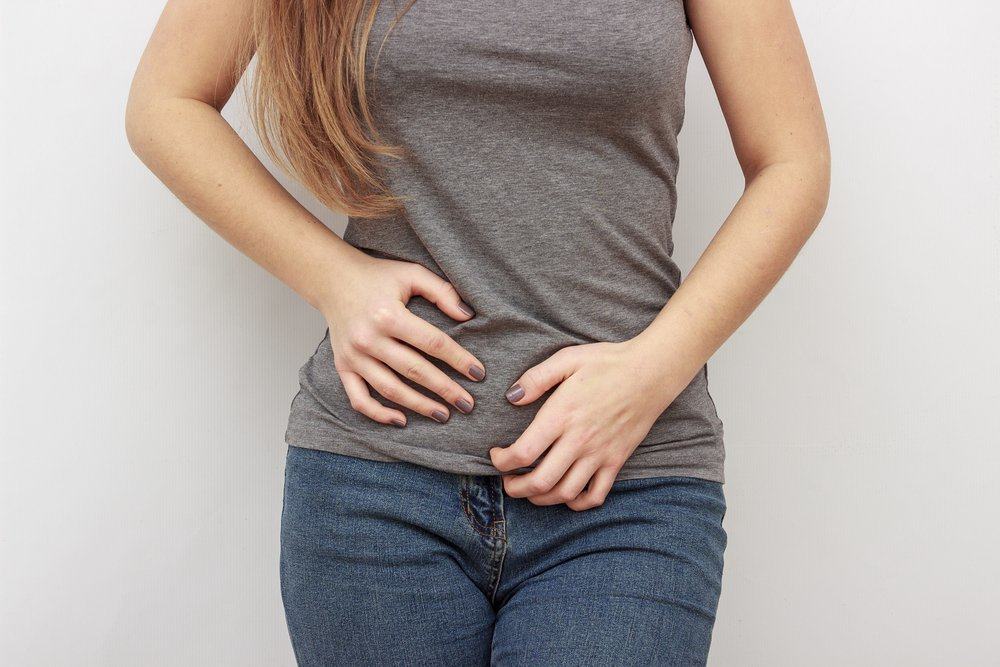Contents:
- Medical Video: Episode 078 - The Pros and Cons of Pacifiers
- The advantages
- Disadvantages
- Tips for using pacifiers or pacifiers
- When to stop using pacifiers
Medical Video: Episode 078 - The Pros and Cons of Pacifiers
Aka pacifier pacifier is a baby pacifier that does not contain milk or any liquid, which functions only so that the baby has something to suck in his mouth. It's been a long time since parents have been divided into two things, some have relaxed their children with pacifiers, and some have been anti and even rebuked other parents whose children are still tense.
Actually, can you or not, give a pacifier pacifier to suck?
The advantages
Some of the benefits of pacifiers for babies and you include:
- The reduced risk of Sudden Infant Death Syndrome (SIDS). The use of pacifiers during naps or night sleep can prevent sudden death syndrome in infants or SIDS. Doctors cannot ascertain how it works, but if you give a pacifier or pacifier when your child sleeps, the risk of SIDS can decrease by more than half.
- Satisfy the reflex to suck. Babies have a natural desire to suck. Bottles or breasts can meet the needs of the baby, but sometimes the desire persists even though the baby is feeling full. Pacifiers or pacifiers can help. Make sure not to replace lunch time.
- Helps baby calm down. Pacifiers or pacifiers can help babies control feelings, soothe, and make babies feel safe. A calm baby makes parents feel calm too.
Disadvantages
There are also some bad things from pacifiers, including:
- Nipple adaptation. Breastfeeding is a natural process, but it takes some time for you and your baby to get used to it. If you breastfeed your baby, keep using pacifiers or pacifiers for the first few weeks to adjust to the pattern of breastfeeding. That way, your baby will not choose a pacifier or pacifier compared to your nipples. The study found no connection between the use of pacifiers or pacifiers and the problem of breastfeeding.
- Ear problems. According to one study, children who use pacifiers have almost twice the chance of ear infections compared to children who do not use pacifiers.
- Tooth problems. Some parents worry that using pacifiers or teats can affect their child's teeth. According to experts, make sure that your child doesn't use it in the long run. Before the age of 2 years, problems with tooth growth will usually improve on their own within 6 months after stopping use.
After 2 years of use, problems can arise. According to Sterling, the upper or lower front teeth can be tilted, and can worsen over time. Using pacifiers or pacifiers after 4 years of age, when permanent teeth begin to grow, can cause long-term effects on adult teeth.
Tips for using pacifiers or pacifiers
If you plan to give your baby a pacifier or pacifier, follow these instructions:
- Use a brand that is free of bisphenol-A (BPA)
- Do not attach the strap to the pacifier, because the baby can suffocate
- Use the right size. Adjust the age of your baby so that the pacifier matches the baby's mouth.
- Avoid using pacifiers or pacifiers that alternate with other babies. You don't want germs to spread. Clean the pacifier or pacifier with soap and hot water to keep the pacifier clean.
- Choose a pacifier or pacifier with ventilation so that air can enter
- Give the pacifier as it is, without added sweetener, because it can damage the child's teeth.
When to stop using pacifiers
The use of pacifiers must finally stop. Here are a few tips:
- Appreciate the role of pacifier. Although its small size, pacifier or pacifier has a big role in your child's life. According to Sexton, you can immediately stop using pacifiers in children, but not in a rude way. Stop well. Use more positive ways. You can use creative ideas such as "fairies" that take pacifiers or pacifiers.
- Calculate time. Stop using pacifiers or pacifiers after the baby is 6 months old, when the risk of SIDS decreases and the chances of ear infections increase. If you want to help your child slowly, try to limit your use only during naps or nighttime sleep. Avoid stopping when other life changes arise. If there are important transitions such as transfers, new relatives, caregiver changes, or stress, using pacifiers can be continued to calm the baby.
- Consistent. Remember, you are not the only one who spends time with a child during the process of weaning from the pacifier. Make sure all who care for your baby - parents, grandparents, caregivers, etc. - use the same method so that children avoid confusion.
READ ALSO:
- Sleeping with a dangerous pillow for babies
- What to Look For When Drying a Newborn Baby
- Why Can Babies Not Be Given Honey?












